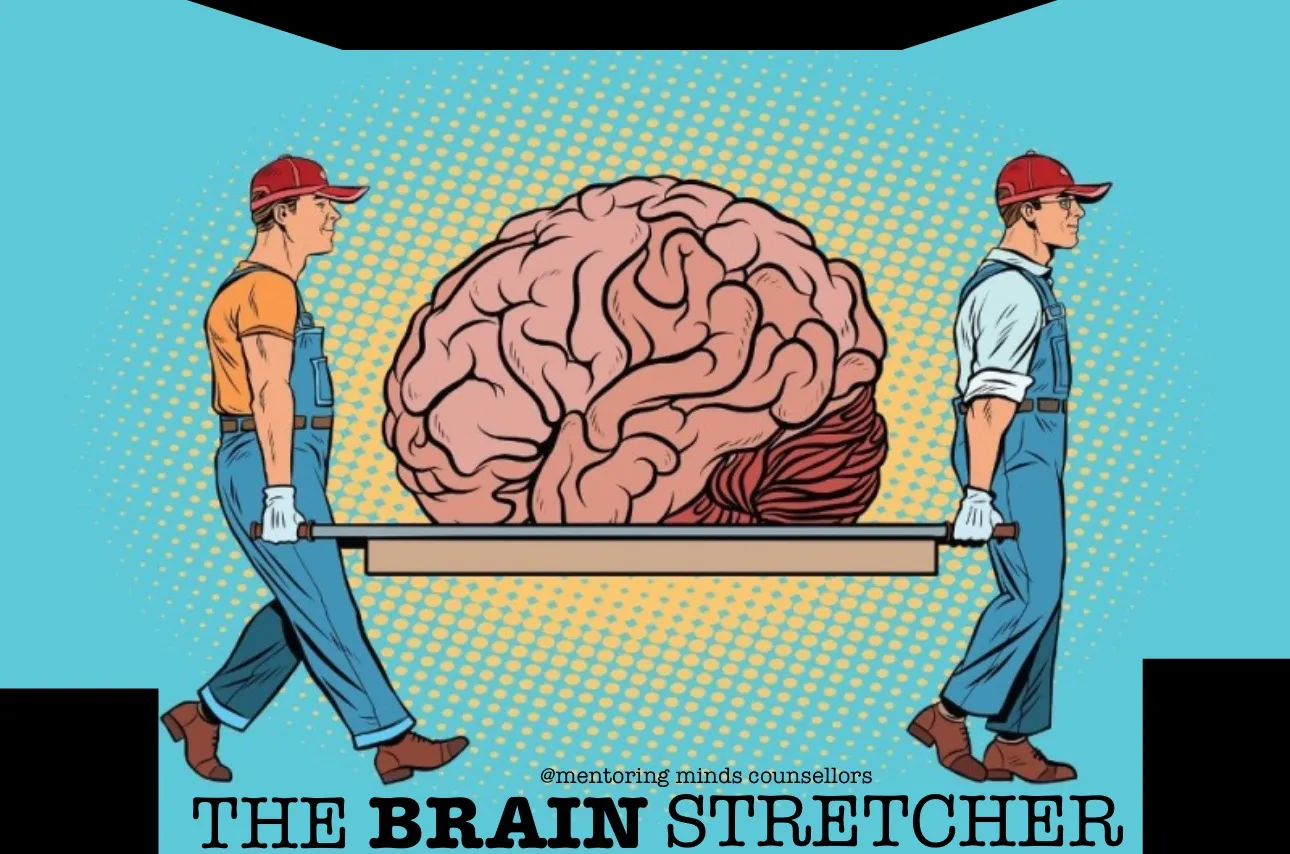When we think about fitness, we often focus on physical exercise, but what about mental exercise? Just like our muscles need stretching to stay fit, our brains need to be challenged regularly to maintain sharpness and cognitive health. We at Mentoring Minds Counsellors present the concept of a brain stretcher activities that engage and challenge your brain, promoting growth, mental agility, and creativity.
What is a Brain Stretcher?
A brain stretcher is any activity or hobby that stimulates your mind, forces you to think critically, and pushes your cognitive abilities beyond their comfort zone. These activities activate different regions of the brain, enhancing memory, problem-solving skills, concentration, and even emotional intelligence. Just like lifting weights strengthens the body, brain stretchers work to enhance brain function, improve mental resilience, and stave off cognitive decline over time.
What can be the Examples of brain stretchers?
- The Puzzles: Sudoku, crosswords, jigsaw puzzles, and logic games are excellent examples. These games challenge your memory, pattern recognition, and problem-solving skills.
- The Broca’s Language: Taking up a new hobby, such as playing a musical instrument, learning a new language, or mastering a craft, is a great way to engage different parts of the brain and improve neuroplasticity.
- The Brain Strategy: Chess, Go, or even video games that require strategic thinking engage the brain in ways that enhance memory, critical thinking, and decision-making skills.
What can be some of the Bad Hobbies for Brain?
- Excessive Electro Gadgets : While certain types of video games can be mentally stimulating, excessive gaming, especially when it becomes a way to avoid real-life responsibilities, can negatively affect social interactions and cognitive development. Some games can lead to addiction, which reduces mental clarity and critical thinking.
- Mindless Consumption: Eating without mindfulness or constantly snacking while watching TV or browsing the internet can negatively impact the brain. Overeating or poor diet choices, such as a diet high in sugar, can lead to brain fog, fatigue, and difficulty concentrating.
- Techno Trusting : In today’s digital age, it’s easy to rely too much on gadgets like calculators, GPS, or even simple reminders on your phone. Over time, this can reduce your ability to think critically or problem-solve without digital help. For example, when you don’t rely on your memory or calculation skills, you may lose the ability to recall simple things or think creatively.
- The Introvertism: Being an introvert isn’t inherently bad, but avoiding social interactions altogether can hinder the brain’s development. Healthy, engaging conversations help improve communication skills, problem-solving, and emotional intelligence. Lack of social interaction can lead to feelings of loneliness and depression, both of which can negatively impact cognitive function.
Conclusion
We at Mentoring Minds Counsellors like physical fitness, brain fitness requires regular care and attention. While brain stretchers promote mental agility, growth, and overall brain health, certain bad habits can lead to mental stagnation or cognitive decline. Striking the right balance between brain-stretching activities and avoiding those that don’t serve your mental health is crucial for long-term cognitive function.


Leave a Comment